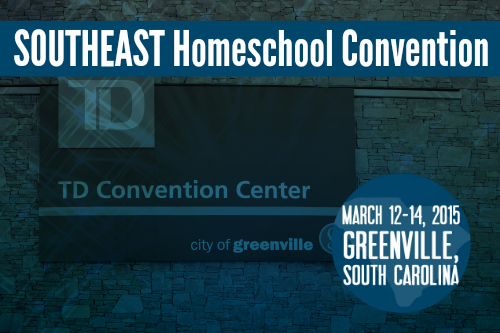An excerpt from Louis Markos’ new handbook, C.S. Lewis: An Apologist for Education, published by Classical Academic Press. You can buy a copy of this book, or learn more about CAP’s Giants in the History of Education series, by clicking here.
Two decades after publishing The Screwtape Letters, C.S. Lewis published a standalone essay, “Screwtape Proposes a Toast,” in which the senior tempter Screwtape lectures his fellow devils at the Tempters’ Training College. In a preface he wrote to the essay, Lewis reveals that the true target of his satire was none other than the American public school system. As a result, the toast offers us one of Lewis’s most direct statements on the dangers latent in democratic concepts of education.
Lewis does not mince words in identifying the root of those dangers: envy. Although democracies are supposed to secure political equality, they tend, Lewis argues, to call for a tearing down of all forms of excellence. Rather than admit and accept that some students are naturally brighter than others, schools loosen their standards and create a lowest-common-denominator atmosphere fueled by a spirit that Lewis dubs “I’m as good as you.” Not satisfied with seeking equality before the law, democracies seek to effect an egalitarian vision of education in which no student is allowed to stick out or be left out.
In words that could have been written today, Lewis has Screwtape draw out for his audience the implications of an envy-driven educational system: “The basic principle of the new education is to be that dunces and idlers must not be made to feel inferior to intelligent and industrious pupils. . . . Entrance examinations must be framed so that all, or nearly all, citizens can go to universities, whether they have any power (or wish) to profit by higher education or not.” Though he devoted his life to providing students with a classical, liberal arts education, Lewis did not believe that college was for everyone or that it should be considered a political or God-given right. The attempt to provide all young people with a college education would not result in a nation of philosophers, he thought, but in a state of universal mediocrity.
Although Lewis “supported equality in the treatment of people,” argues Joel Heck, he
“. . . Was concerned about the negative effects of the self-esteem movement, the dumbing down of the curriculum (for the sake of not harming the self-esteem of those not gifted), the inappropriate rewarding of the lazy, and the holding back of the gifted (the negative side of egalitarianism) at the elementary school levels, as well as in higher education.”
Politically speaking, Lewis was by no means an elitist or aristocrat; however, when it came to the arts and education, he favored a system that encouraged and rewarded excellence.
This insight was not one that came to Lewis at the end of his life. During World War II, he published an essay titled “Democratic Education” (1944) in which he prophesied what would happen to a democracy that eliminated academic standards in order to foster egalitarianism and guard self-esteem. In its quest to protect schoolchildren (and their parents) from feelings of inferiority, such a society would end up breeding in them laziness and a false sense of their own strengths and limitations. By so doing, it would corrupt and weaken the will, drive, and creativity of the entire state. No, Lewis makes clear, a “truly democratic education—one which will preserve democracy—must be, in its own field, ruthlessly aristocratic, shamelessly ‘high brow.’ ”
In formulating his theories of democratic education, Lewis was always guided by Aristotle’s reminder that the kind of behavior that a democracy breeds is often sharply at odds with the kind of behavior that allows it to flourish. Indeed, as Plato shows in his Republic, democracy tends to produce the very lack of temperance and respect for authority that ends up destroying it. For Lewis, proper education was not just a matter for abstract theorizing; it was a matter of survival! Just as an education that relativizes our stock responses toward treachery, ugliness, and debauchery will, in the end, deaden the souls of our youth, so an education that abandons standards and discipline will rob society of the creative and industrious minds it needs to thrive and grow.
And besides, Lewis reminds his readers, the weaker students themselves rarely want to be like the “brainy” ones. They are happy to play their games and ignore the more studious among their peers. Lewis wisely advises that rather than trying to turn all students into Latin scholars, society should steer the weaker students toward professions that will better suit their skills, make them happier, and likely gain them a larger paycheck than the academic-minded students.






